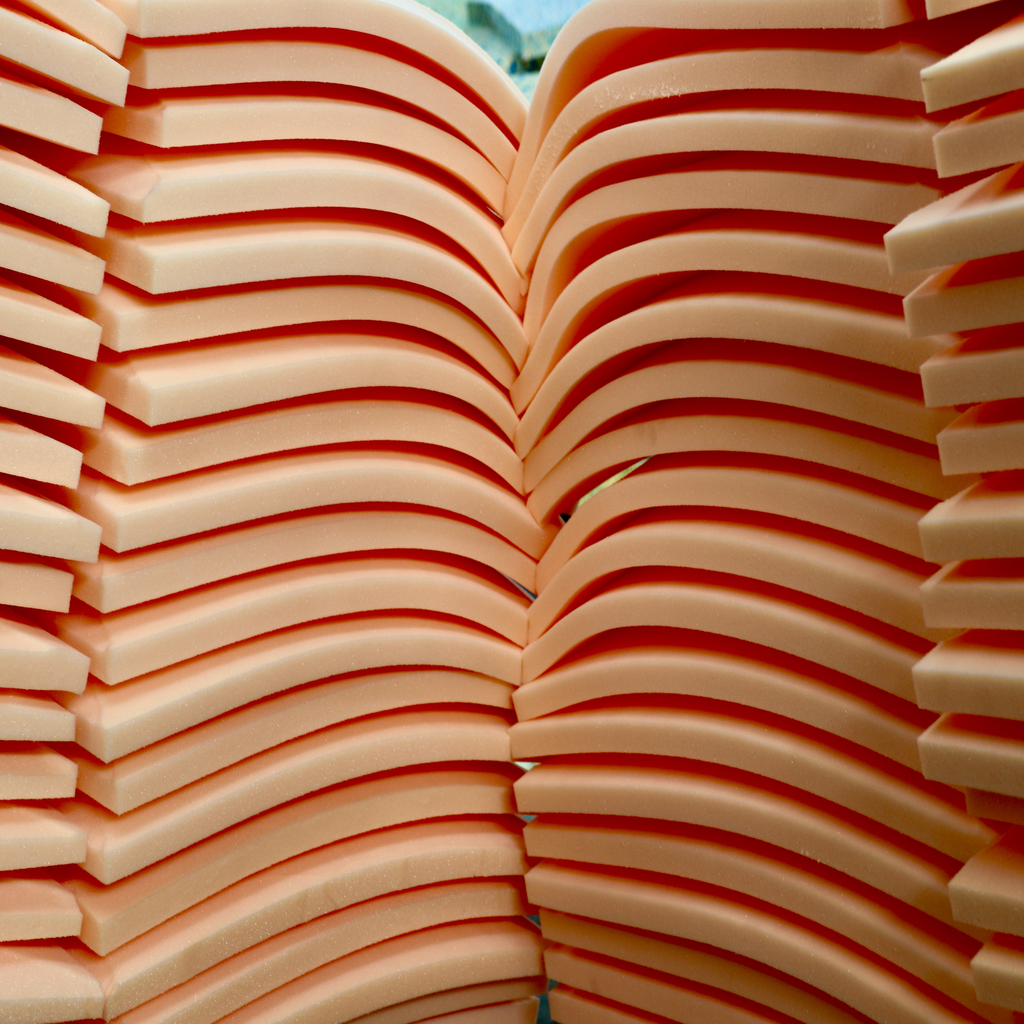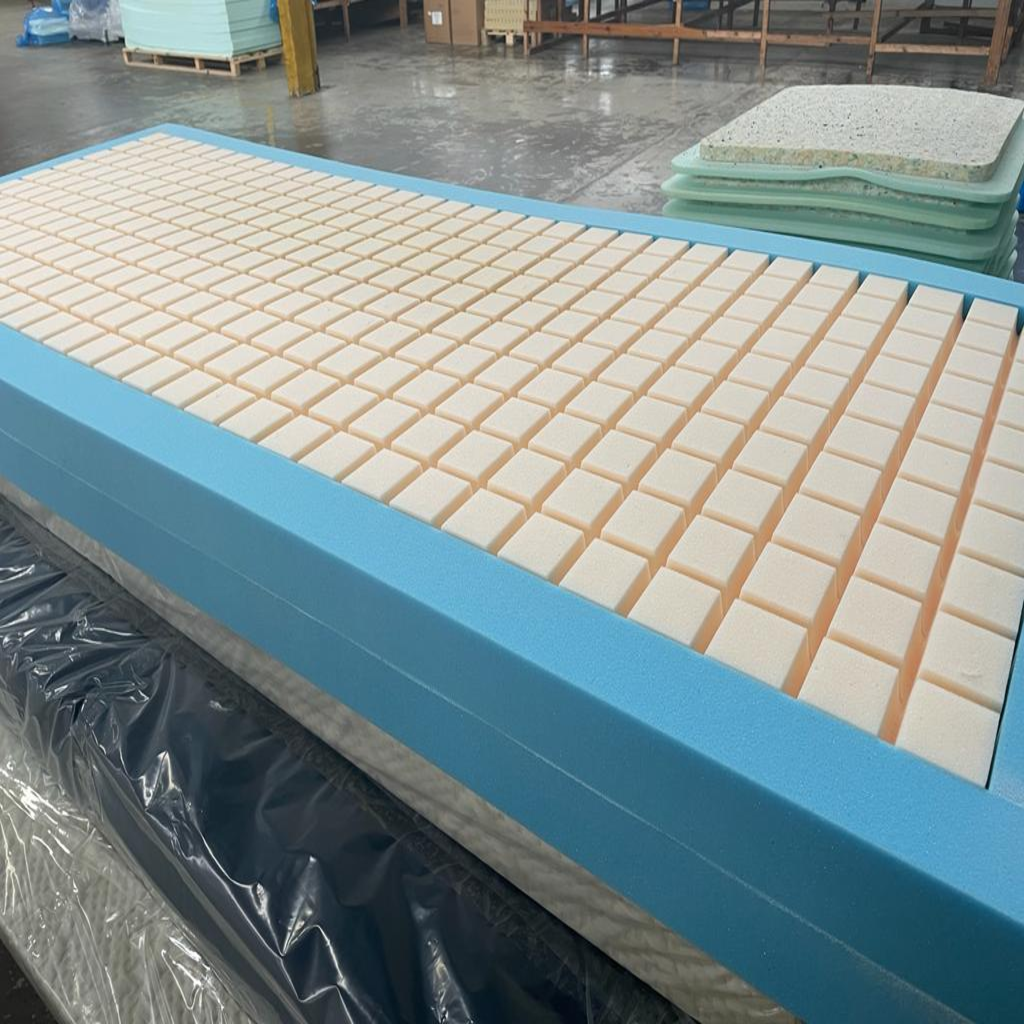1
June
2025
Polyurethane Uses: Versatile Applications Across Industries
CAN WE HELP
Contact us today or requests a call back. We’ll do our very best to help you with your query and someone’s always available to chat.
CONTACT INFORMATION
Rubber Products (Leeds) Limited, Ingram Road, Holbeck, Leeds LS11 9RQ
0113 243 4358
sales@rpll.co.uk
Mon – Thurs 7.30am – 4.30pm
Fri 7.30am – 3.30pm








